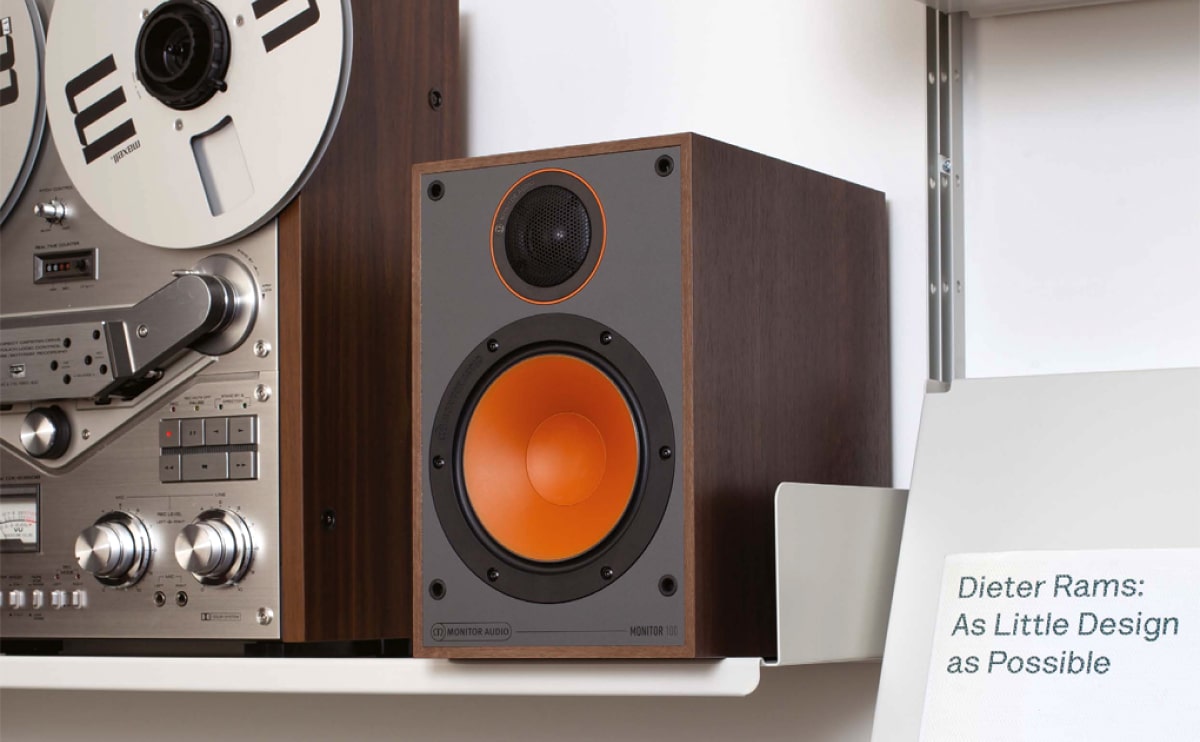Introduction
The debate between wired vs. wireless technology isn’t new, but in 2025, it’s more relevant than ever. Whether you’re choosing earphones, charging your phone, or transferring files, you’re constantly faced with the question: Should I go wireless, or stick with the cord?
Both technologies have come a long way. Wired still rules in some areas for reliability and performance, but wireless has become more advanced, convenient, and stylish.
So, let’s break it down by different everyday categories—audio, charging, data transfer, and gaming—to help you decide which option is better for your needs.
1. Audio: Wired vs Wireless Earphones
Wired Audio
Pros:
- Superior sound quality (especially in lossless formats)
- Zero latency—ideal for competitive gaming and studio work
- No need for batteries or charging
- More affordable options available
Cons:
- Tangled wires can be annoying
- Not compatible with newer smartphones without headphone jacks
- Restricted mobility
Wireless Audio
Pros:
- Total freedom of movement—perfect for workouts, travel, and multitasking
- New tech like Bluetooth 5.3, ANC (Active Noise Cancellation), and LDAC codecs offers high-quality audio
- Stylish, compact, and pocket-friendly
- Features like touch control, voice assistants, and auto-pause
Cons:
- Needs charging
- Slight latency (though minimal in modern earbuds)
- High-end wireless options can be expensive
Verdict:
🎧 Choose Wired for audiophile-level quality or pro tasks.
🎧 Go Wireless for daily use, workouts, and convenience.
2. Charging: Wired vs Wireless Charging
Wired Charging
Pros:
- Much faster charging—especially with fast-charging standards like USB PD, VOOC, or SuperCharge
- Better efficiency and less energy loss
- Widely available and affordable
- Compatible with most devices out of the box
Cons:
- Cable clutter
- Port damage over time from repeated plugging/unplugging
Wireless Charging
Pros:
- No need to plug/unplug—just place your device on the pad
- Reduces wear on charging ports
- Cleaner look on your desk or bedside
- Some models offer multi-device charging (phone + watch + earbuds)
Cons:
- Generally slower than wired charging
- Generates more heat (can affect battery health over time)
- Less energy efficient
- Not all phone cases support it
Verdict:
⚡ Wired wins for speed and efficiency.
⚡ Wireless wins for convenience and desk aesthetics.
3. Data Transfer: Wired vs Wireless File Sharing
Wired Transfer (USB-C, Lightning, etc.)
Pros:
- Extremely fast (up to 10Gbps+ with USB 3.2/Thunderbolt)
- Reliable and stable connection—ideal for large files
- No Wi-Fi or signal needed
Cons:
- You need cables and compatible ports
- Slightly outdated for casual users
Wireless Transfer (AirDrop, Wi-Fi Direct, Nearby Share)
Pros:
- Easy and quick for small-to-medium files
- No cables needed
- Works across platforms (especially with cross-device ecosystems like Apple or Android)
Cons:
- Slower for large files
- Dependent on Wi-Fi, Bluetooth, or NFC
- Less secure in public networks
Verdict:
💾 Wired is best for speed and large files (like videos, backups).
💾 Wireless is ideal for casual, daily file sharing.
4. Gaming: Wired vs Wireless Controllers & Accessories
Wired Gaming
Pros:
- Zero latency—critical for fast-response games like FPS or racing
- No battery concerns
- Generally cheaper
- Consistent connection (especially during competitive gaming)
Cons:
- Limited movement
- Can clutter your setup
Wireless Gaming
Pros:
- More freedom of movement
- Clean, minimalist setup
- Modern Bluetooth controllers and mice have very low latency (almost at par with wired)
Cons:
- Battery-dependent
- Occasional lag or interference in budget models
Verdict:
🎮 Wired is perfect for serious competitive gaming.
🎮 Wireless is better for casual gaming or clean setups.
5. Security & Stability: A Hidden Factor
Wired Devices
- More secure—data travels only through physical cable
- Less chance of interception
- No signal drops
Wireless Devices
- Convenience comes at the cost of vulnerability (e.g., Bluetooth sniffing, open Wi-Fi attacks)
- Encrypted communication is improving, but still not foolproof
Verdict:
🔒 Wired = safer for sensitive data and mission-critical tasks.
🔒 Wireless = fine for everyday use, but use trusted networks.
6. Environmental Impact & Longevity
Wired Gadgets
- Generally last longer
- Fewer components (no battery or wireless chip)
- Easier to recycle and repair
Wireless Gadgets
- Shorter lifespan (due to built-in batteries)
- Often harder to repair
- More e-waste if disposed of frequently
Verdict:
🌱 Wired is more sustainable.
🌱 Wireless requires conscious disposal and recycling efforts.
Final Thoughts: Should You Go Wired or Wireless?
There’s no one-size-fits-all answer. The best choice depends on how you use your gadgets and what matters most to you—speed, convenience, sound quality, security, or sustainability.
Here’s a quick summary:
| Use Case | Best Option |
|---|---|
| Audio Quality | Wired |
| Music on-the-go | Wireless |
| Fast Charging | Wired |
| Convenience | Wireless |
| File Transfer | Wired (Large Files) / Wireless (Small Files) |
| Gaming (Pro) | Wired |
| Travel & Portability | Wireless |
| Budget-Friendly | Wired |
| Eco-Friendly | Wired |
Ultimately, a hybrid setup works best—wired for home setups where performance matters, and wireless for when you’re mobile and want a clutter-free life.
Looking to Upgrade?
Explore the latest wired and wireless gadgets—from high-speed chargers to Bluetooth speakers and earbuds—at Gear India, your trusted tech partner.

